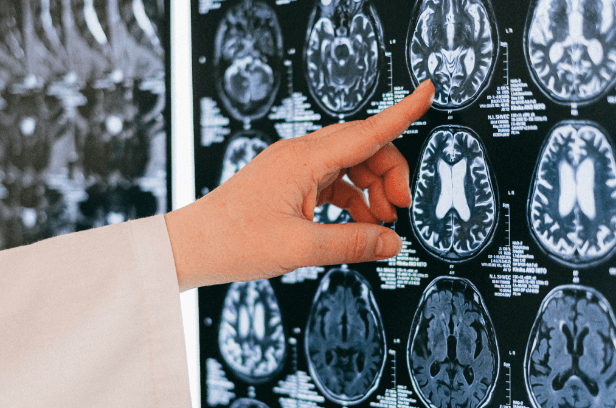Hearing loss in older adults is associated with accelerated cognitive decline and incident dementia, potentially through direct changes in the brain.
With hearing loss, the parts of the brain that are stimulated by speech and sound are under stimulated, which can lead to atrophy and changes in brain structure and function. These changes in the brain may increase risk for accelerated cognitive decline and dementia.
In secondary analyses of the ACHIEVE study, ACHIEVE researchers used magnetic resonance imaging, or MRI, to analyze changes in the brain over 3 years from a subset of 445 ACHIEVE study participants (aged 70-84 years, without substantial cognitive impairment, mild to moderate hearing loss) to determine the effects of hearing intervention on brain health.
These findings could directly inform public health and medical policy decisions regarding access to hearing loss treatment and may catalyze new areas of research in brain and cognitive aging.


